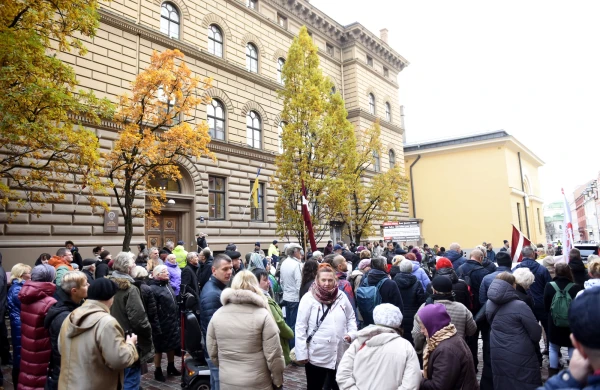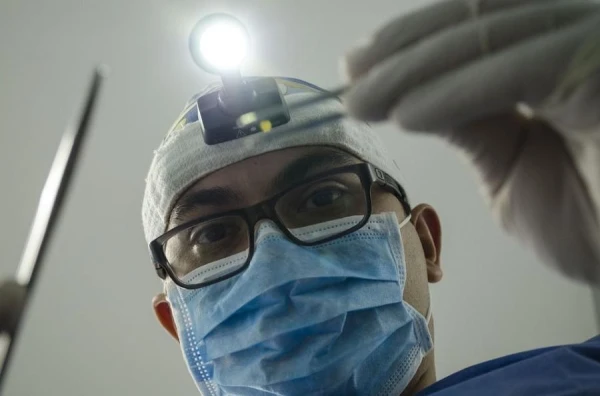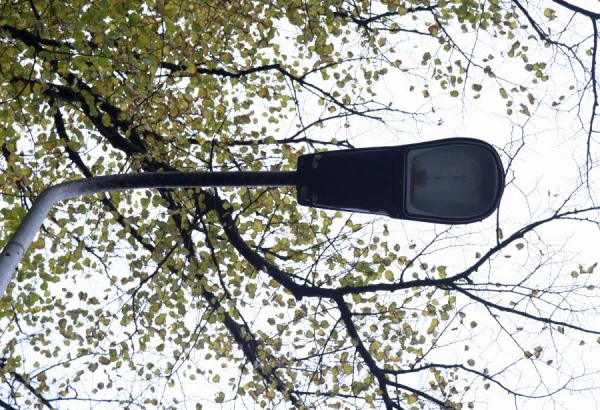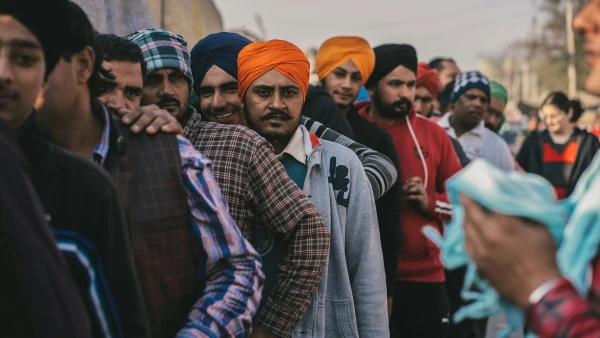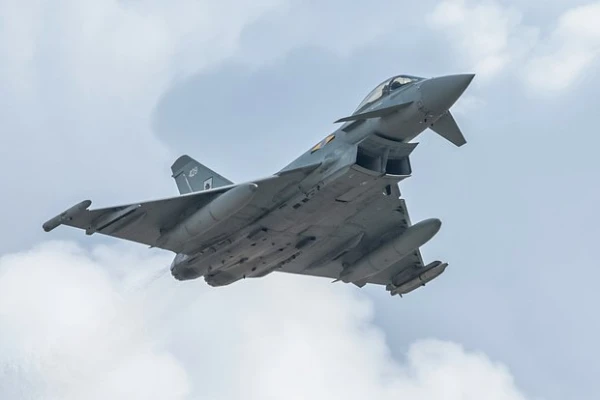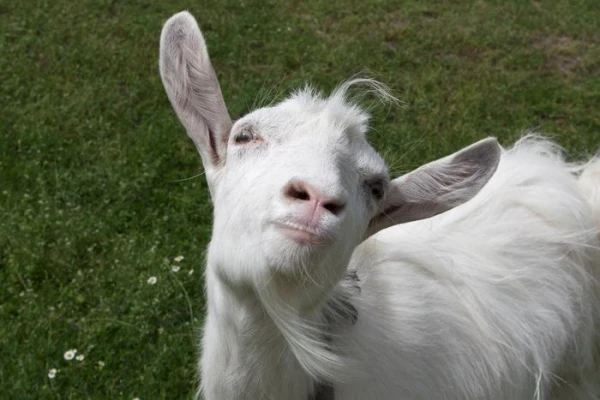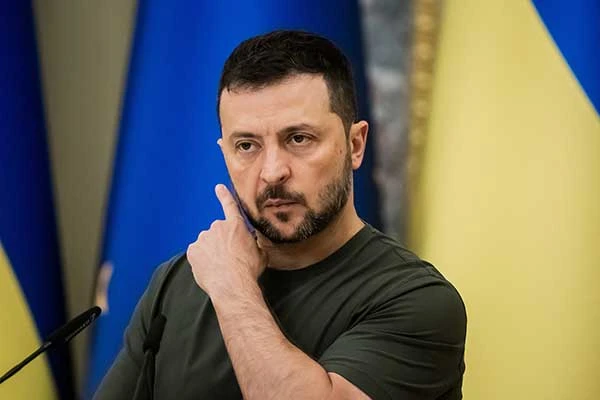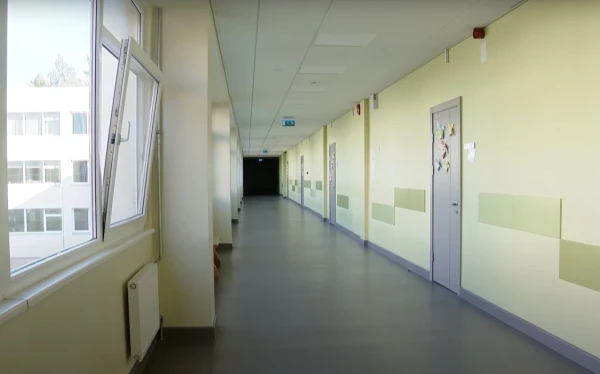
This academic year, instruction in all classes of schools began exclusively in the state language, and this year will complete the transition to the so-called unified school, public media report.
To find out what difficulties former national minority schools face, members of the Saeima commission on citizenship, migration, and social cohesion held an on-site meeting on October 8 at one such educational institution - the 75th Riga Primary School, where instruction was previously conducted in Russian.
Most of the students at this school come from families that speak Russian at home. Only after the transition to a unified school did children from Latvian families begin to enroll in the lower grades. Many problems remain in the school. This is evidenced, for example, by the results of the centralized exam in the Latvian language for the 9th grades - the average score was only 28%, and the school principal acknowledges these results as weak.
During nearly an hour and a half of communication between the deputies and educators, it became clear that out of nearly 300 students at the school, several dozen have insufficient knowledge of the Latvian language, making it difficult for them to participate in the educational process. The school principal, Ramina Skuja, stated that the school has support staff, and additional classes in the Latvian language and reading are organized, but students attend them poorly - there is a lack of motivation and opportunities for communication in the Latvian environment.
"How often do students communicate with each other in Latvian outside of lessons? Most respond that rarely, and another part - never. During breaks, we do not walk around and force them to speak in Latvian, but we try to set an example ourselves. And our own example is the most important. If we, teachers, walk down the corridor and communicate in Russian ourselves, we cannot demand and expect that students will do otherwise," says Skuja.

